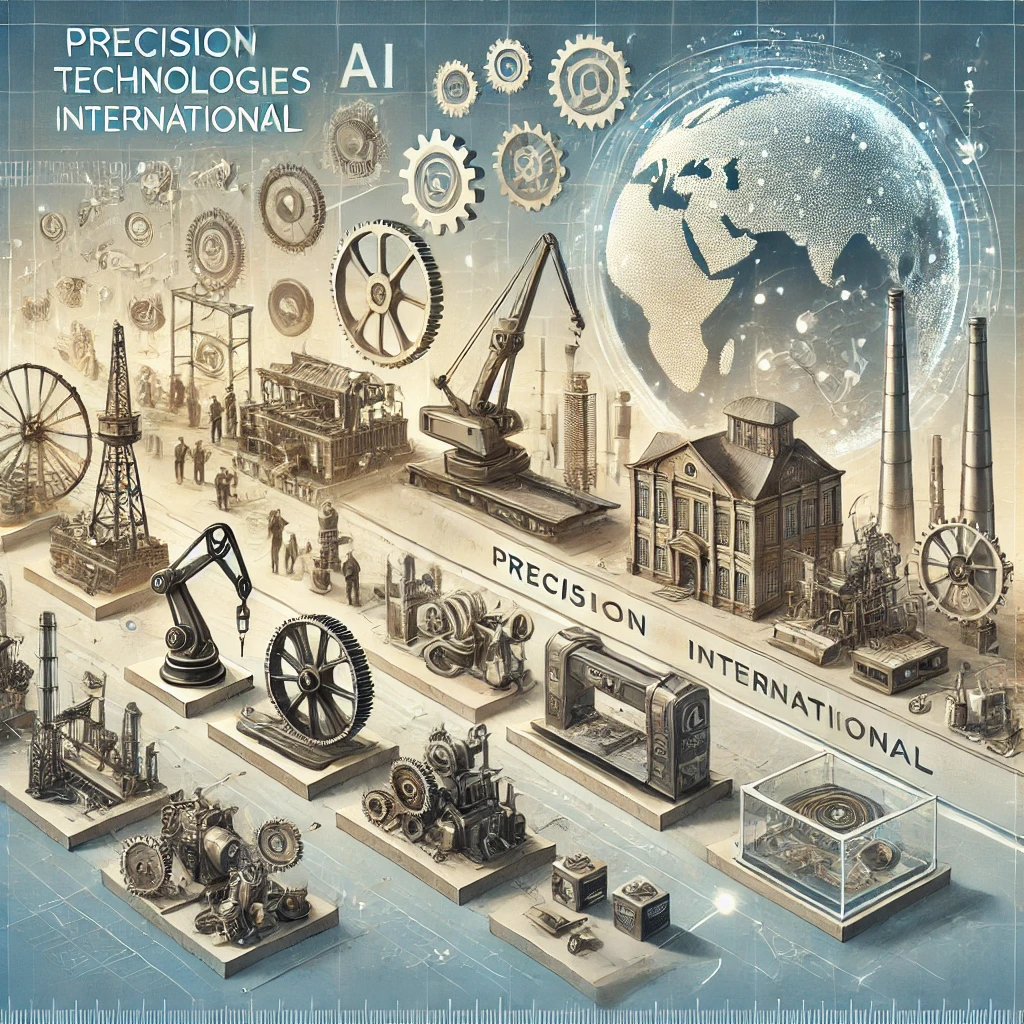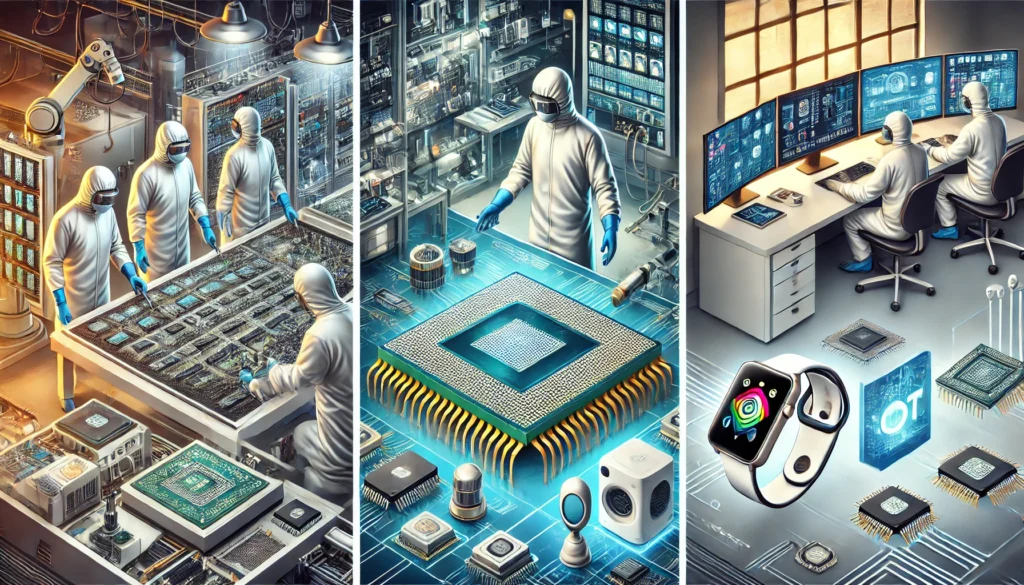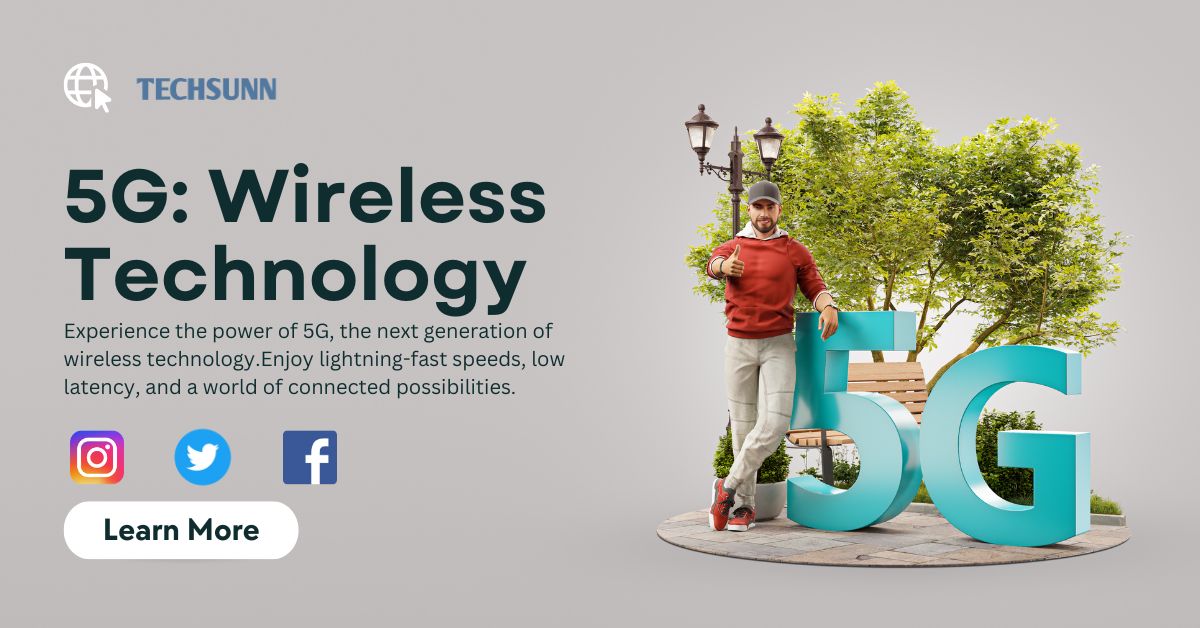Precision Technologies International

The Role and Impact of Precision Technologies International in Modern Industries
Introduction
In a world driven by innovation and efficiency, precision technologies have emerged as a cornerstone of modern industries. These advanced systems and methodologies enable businesses to achieve unparalleled accuracy, sustainability, and productivity, shaping the way products are designed, manufactured, and utilized globally. But what exactly is Precision Technologies International, and why is it vital? Let’s delve into the details.
What is Precision Technologies International?
Definition and Core Focus
Precision Technologies International (PTI) refers to the global application and development of technologies aimed at achieving extreme accuracy and consistency. It encompasses tools, machines, and processes designed to meet exact specifications.
History and Founding Principles
Emerging from the need to improve industrial precision, PTI combines engineering excellence with advanced technologies such as AI, robotics, and digital twins. Its foundation lies in ensuring products meet stringent standards for quality and performance.

Key Innovations in Precision Technologies
Precision technologies are continuously evolving. Innovations in additive manufacturing, nanotechnology, and machine learning are redefining possibilities. For example, 3D printing enables manufacturers to create complex components with exceptional precision, while AI streamlines quality assurance processes.
Applications Across Industries
Precision technologies are reshaping industries across the globe, driving innovation, efficiency, and sustainability. Here’s a detailed look at how these advanced technologies are transforming various sectors:
1. Aerospace
Precision technologies play a critical role in the aerospace industry, where even the smallest error can have significant consequences.
- Aircraft Manufacturing: Precision engineering ensures that components such as turbine blades, landing gear, and fuselages meet exact specifications for safety and performance.
- Space Exploration: Satellites, rockets, and other space equipment rely on precise calculations and manufacturing to function correctly in harsh environments.
- Maintenance and Repairs: Advanced diagnostics powered by precision tools help identify and fix issues with pinpoint accuracy, reducing downtime and enhancing safety.
2. Healthcare
The healthcare industry has seen revolutionary advancements thanks to precision technologies, which enhance both diagnosis and treatment.
- Medical Devices: Custom-fit implants, stents, and prosthetics are crafted using precision technologies like 3D printing, improving patient outcomes.
- Surgical Robotics: Minimally invasive surgeries are performed with the help of robotic systems, offering higher precision and faster recovery times.
- Diagnostics: Imaging technologies like MRI and CT scans utilize precision tools to provide detailed insights into medical conditions.
3. Automotive
The automotive industry thrives on innovation, and precision technologies are at the heart of its transformation.
- Manufacturing: Automated systems and robotics streamline the production of complex parts, from engines to electric vehicle batteries.
- Quality Control: Advanced sensors and AI-powered tools ensure vehicles meet safety and performance standards.
- Customization: Precision engineering enables the creation of tailored vehicles, meeting specific consumer demands for features and designs.
4. Electronics
The electronics industry demands micro-level precision, which is achieved through cutting-edge technologies.
- Microchip Production: The creation of semiconductors and microchips requires nanometer-scale precision to ensure functionality and efficiency.
- Consumer Devices: Smartphones, laptops, and wearables rely on precision engineering for seamless operation and compact designs.
- IoT Devices: The rise of smart devices depends on the precise integration of sensors and communication technologies.

5. Renewable Energy
Precision technologies are helping industries transition to sustainable energy solutions.
- Solar Panels: Advanced manufacturing processes ensure solar cells achieve maximum efficiency and durability.
- Wind Turbines: Precision tools enable the construction of aerodynamic blades and robust structures for wind energy systems.
- Battery Technology: Energy storage solutions, such as lithium-ion batteries, rely on precise engineering to enhance capacity and safety.
6. Construction
The construction industry has adopted precision technologies to improve design, safety, and efficiency.
- 3D Printing in Construction: Precision technologies enable the creation of custom structures and components using sustainable materials.
- Building Information Modeling (BIM): BIM systems use precision data to optimize project planning and reduce errors.
- Smart Buildings: Sensors and IoT technologies integrated into construction enable energy-efficient and automated systems.
7. Agriculture
Precision technologies are revolutionizing agriculture, making it smarter and more efficient.
- Precision Farming: GPS-guided tractors, drones, and sensors optimize planting, watering, and harvesting.
- Crop Monitoring: Advanced imaging technologies provide real-time data on crop health, enabling timely interventions.
- Automated Equipment: Robotics and AI-powered machines reduce manual labor while improving productivity.
8. Defense and Security
In defense and security, precision technologies are essential for strategy, surveillance, and safety.
- Advanced Weaponry: Precision-guided missiles and drones rely on cutting-edge technology for accuracy.
- Surveillance Systems: High-resolution cameras and sensors provide detailed intelligence for security operations.
- Protective Gear: Lightweight and durable materials are designed using precision technologies to enhance mobility and safety.
9. Consumer Goods
Precision technologies are enhancing the production and customization of everyday items.
- Apparel and Footwear: Automated systems ensure consistency in design and fit, while customization technologies allow for personalized products.
- Home Appliances: Precision engineering improves the efficiency and durability of household devices like refrigerators and washing machines.
- Packaging: Advanced manufacturing techniques create eco-friendly and attractive packaging solutions.
Precision Technologies in Global Manufacturing
By enabling the production of intricate components, PTI significantly boosts productivity and reduces waste. Manufacturers can maintain high standards, resulting in better products and fewer errors.
Automation and Robotics in Precision Engineering
Automation, powered by AI and robotics, is revolutionizing precision industries. Factories now employ autonomous robots capable of performing intricate tasks with remarkable consistency. For example, robotic arms used in assembly lines drastically reduce production time.
Sustainability and Precision Technologies
The emphasis on sustainability has led to the development of eco-friendly manufacturing processes. Precision technologies minimize resource consumption and promote energy-efficient designs, contributing to a greener planet.
The Role of Precision Technologies in Healthcare
Healthcare is one of the biggest beneficiaries of precision technologies. From robotic-assisted surgeries to tailor-made prosthetics, these advancements are transforming patient care by offering better outcomes and reducing recovery times.
Challenges Facing the Industry
Despite its promise, the precision technologies sector faces challenges such as high development costs, implementation barriers, and a shortage of skilled professionals trained in advanced systems.
The Future of Precision Technologies International
Looking ahead, advancements like quantum computing and further integration of IoT are set to propel PTI to new heights. Collaborative innovations between industries and countries will unlock unprecedented potential.

Global Partnerships and Collaborations
Key industry players are forming international partnerships to drive innovation. These collaborations ensure that expertise and resources are shared for mutual growth.
Economic Impact of Precision Technologies
Precision technologies contribute significantly to the global economy by creating high-tech jobs and enhancing industrial output. Countries investing in PTI often see a direct boost in their GDP.
Precision Technologies and Education
The development of future engineers and specialists is critical. Universities worldwide are collaborating with industries to offer courses and hands-on training in precision technologies.
Customer-Centric Design and Manufacturing
Modern consumers demand personalized solutions. PTI enables manufacturers to analyze consumer data and offer tailored products, enhancing customer satisfaction.
Conclusion
Precision Technologies International is more than just a buzzword—it’s a transformative force reshaping industries worldwide. By fostering innovation, improving sustainability, and addressing modern challenges, PTI is paving the way for a more efficient, precise, and collaborative future.
FAQs
- What industries benefit most from precision technologies?
Industries like aerospace, healthcare, and automotive reap significant benefits. - What are some examples of precision technologies?
Examples include 3D printing, robotics, and advanced quality control systems. - How do precision technologies contribute to sustainability?
By reducing waste and promoting energy-efficient manufacturing processes. - What challenges does the precision technologies sector face?
High costs, lack of skilled professionals, and implementation barriers are key challenges. - What does the future hold for precision technologies?
Innovations in quantum computing and IoT will drive the next wave of transformation.



